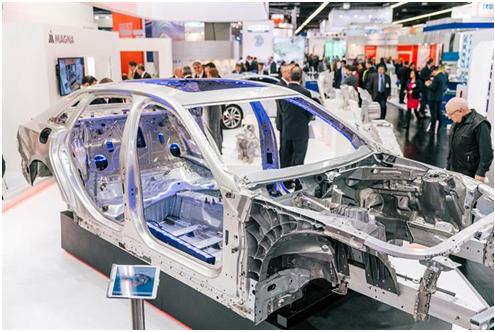Aluminum castings are widely used in various industries due to their excellent properties such as lightweight, high strength, corrosion resistance, and good thermal conductivity. To ensure the production of flawless aluminum castings, it is crucial to use precision molds. Precision molds play a vital role in achieving high accuracy, dimensional stability, and surface finish of the castings. In this article, we will explore the importance of precision molds in creating flawless aluminum castings.
Firstly, precision molds are designed and manufactured with high precision and accuracy. They are made using advanced technology and equipment, ensuring that the dimensions and specifications of the molds are maintained within tight tolerances. This precision in mold manufacturing directly translates into the final castings, as any errors or inaccuracies in the mold will be reflected in the castings. By utilizing precision molds, manufacturers can achieve consistent and uniform castings with minimal variations in dimensions and surface finish.
Secondly, precision molds allow for intricate and complex designs to be replicated accurately in the castings. Aluminum castings often require intricate details and complex geometries to meet the specific requirements of different applications. Precision molds enable the reproduction of these intricate features with high fidelity, ensuring that the final castings accurately represent the intended design. Whether it is thin walls, fine details, or complex shapes, precision molds can capture and replicate them with precision, resulting in flawless castings.
Moreover, precision molds contribute to minimizing defects and improving the overall quality of aluminum castings. During the casting process, the molten aluminum is poured into the precision mold, which acts as a container for the material. The precise design and dimensional stability of the mold help in promoting proper filling and solidification of the molten metal, reducing the likelihood of defects such as porosity, shrinkage, or warping. The use of precision molds also allows for better control of the cooling rate, which further enhances the mechanical properties and integrity of the castings.

Furthermore, precision molds offer increased efficiency and productivity in the casting process. Due to their high accuracy and stability, precision molds allow for faster and more efficient production cycles. The molds can be used repeatedly, without the need for frequent adjustments or repairs, resulting in reduced downtime and increased productivity. The consistent quality and dimensional accuracy of the castings produced with precision molds also minimize the need for post-casting machining or modifications, leading to significant time and cost savings.
Precision molds play a pivotal role in creating flawless aluminum castings. They ensure high precision, dimensional stability, and surface finish of the castings. By replicating intricate designs accurately and minimizing defects, precision molds contribute to improving the overall quality and performance of the castings. Additionally, precision molds offer increased efficiency and productivity in the casting process. With their numerous advantages, precision molds are an essential component in the production of flawless aluminum castings, catering to the diverse needs of various industries.
-

- Kolesa za livarske dele iz magnezijeve zlitine s CNC obdelavo in površinsko obdelavo
-

- Deli in komponente Thixomolding, obdelana srednja plošča mobilnega telefona
-

- Kolesa za otroke Otroška kolesa za 3-16 let Otrok / OEM Otroško kolo Otroška gorska kolesa 2022
-

- CNC obdelani deli in komponente
-

- OEM komponente in deli za tlačno litje
-

- Po meri izdelani deli in komponente za tlačno litje za kolesarske vzmetne vilice za MTB

 0086-750-5616188
0086-750-5616188 +86 13392089688
+86 13392089688 sales@zhongmei-tech.com
sales@zhongmei-tech.com







